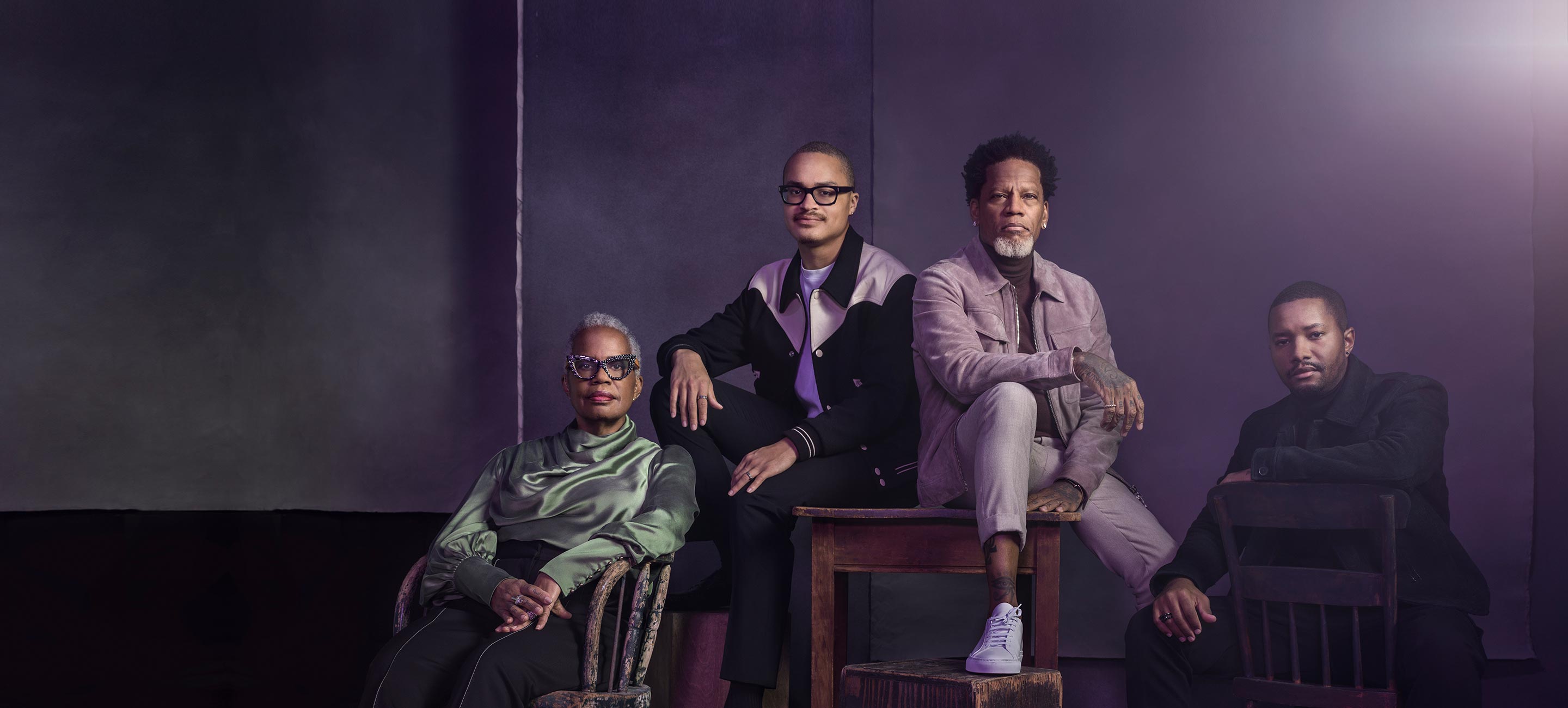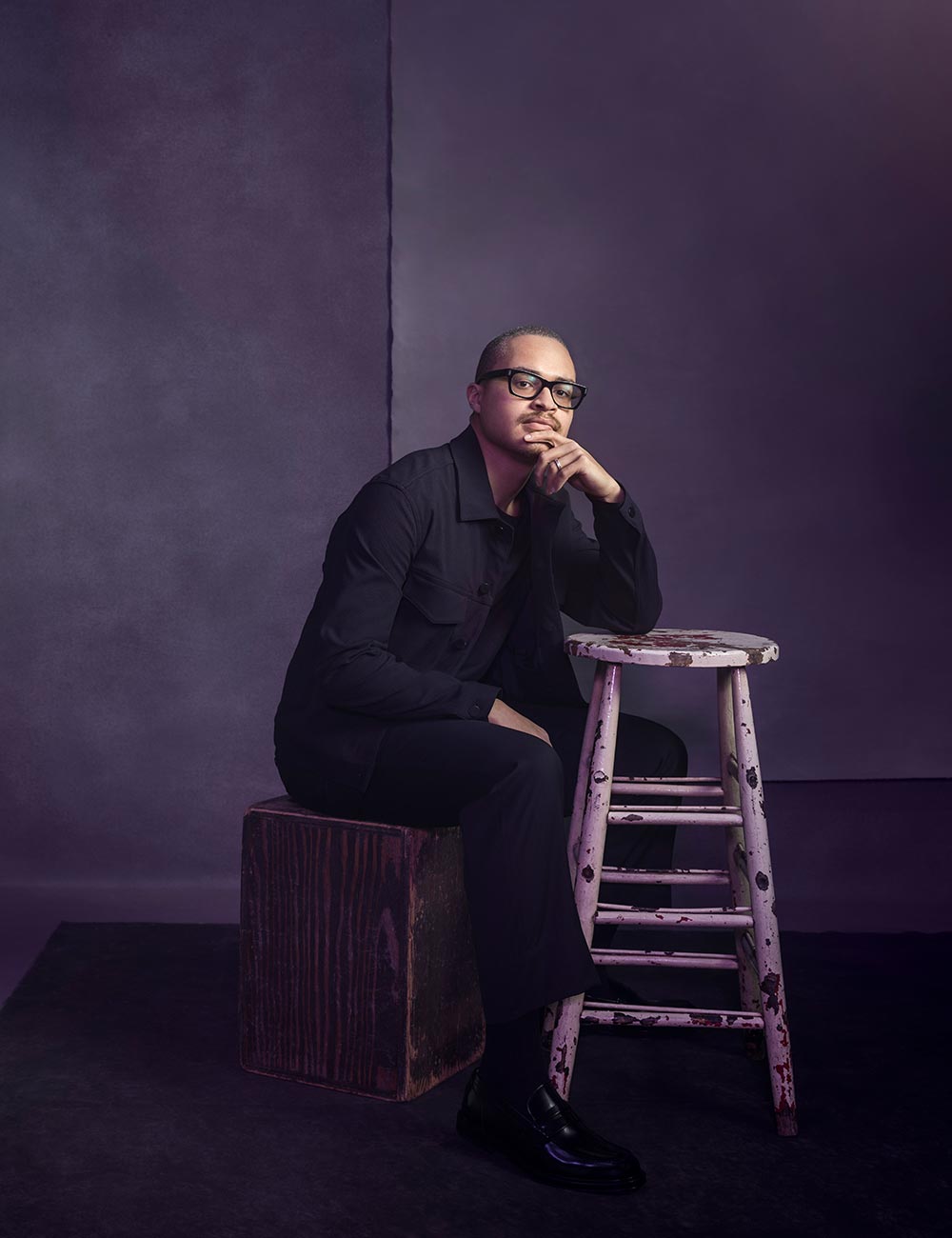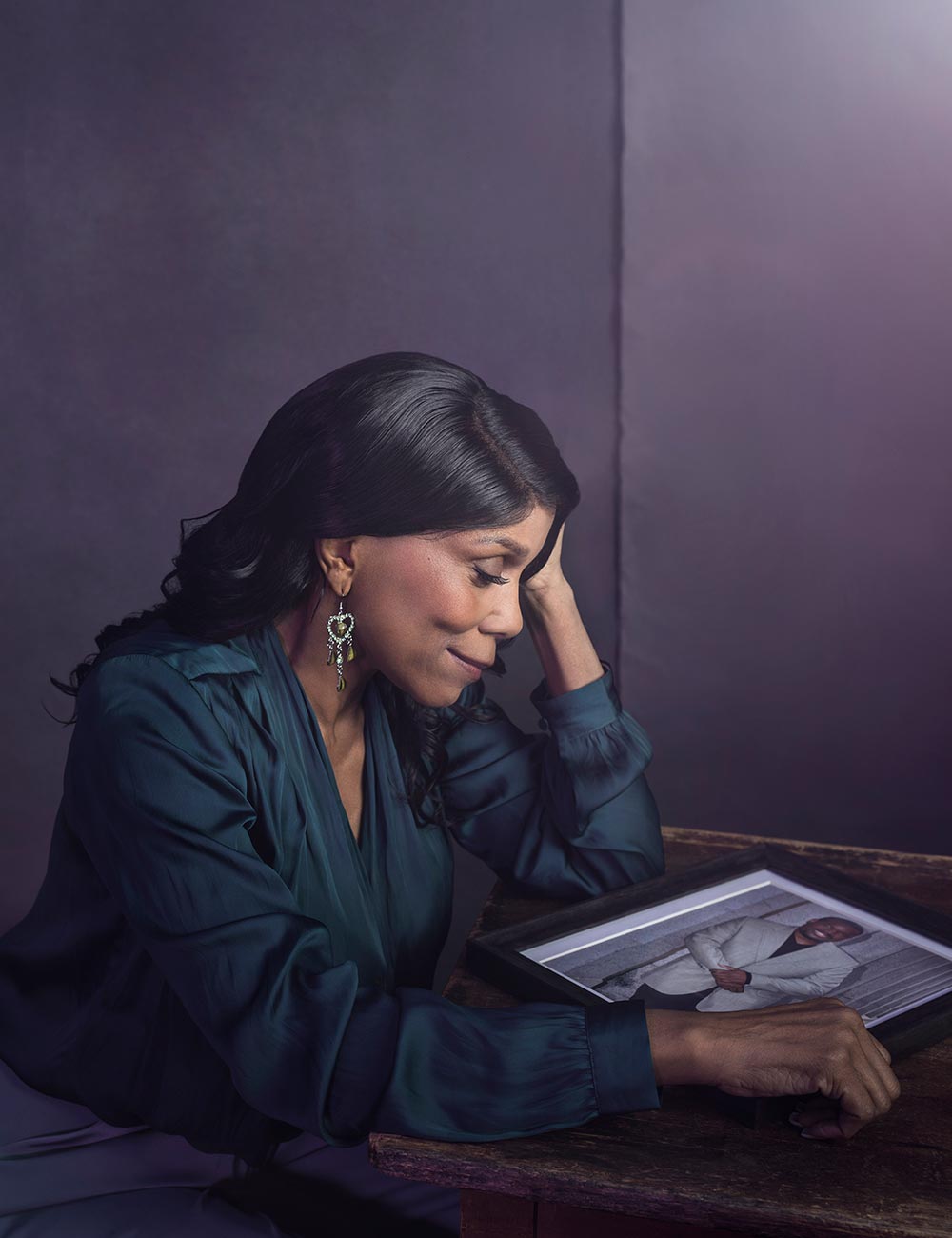Black communities and togetherness
Our community ties have been crucial to our histories—from supporting our progress and celebrating our successes, to providing us support when we most need it.
We care about each other’s health and well-being. We want to be able to get up every day and contribute to our families and communities. So, when there are larger issues affecting Black people, we need to be aware in order to act.
We don’t hear enough about the impact that multiple myeloma has on all of us. By sharing the facts, we can better understand this disease and how it’s treated if we’re ever diagnosed.
In consideration of the time spent participating in this activity, Keith Casim Elam was paid an honorarium by Janssen.
Although our communities give us strength, we can still face challenges within the healthcare system. At times, we may feel that we aren’t getting the best care possible—that we don’t have control over our own health. But we do. We can take proactive steps to stay healthy. We decide which doctor we want to see and how often.
Black communities and togetherness
Overcoming healthcare obstacles
We work hard to provide for ourselves and those around us. Despite the many barriers we face, we always find a way to persevere. Getting the best health care for ourselves should be no different.
Barriers to our health care
Building trust with your doctor
Building trust with your doctor
It’s important to be honest and open with your doctor since the more they know about what’s happening in your life, the better they can personalize your care.
- Get a second opinion: The fact that one doctor didn’t understand you doesn’t mean the next one won’t. Ask your friends or family to recommend doctors they trust
- Speak to other members of your care team: Your nurses and pharmacists are equally concerned for your well-being. Reach out to them with any additional questions or concerns, or for referrals to other doctors
Cost of care
Cost of care
Healthcare costs can be a strain, especially if you have multiple conditions that require your attention. Whether you have health insurance or not, testing, appointments, and medicine can be expensive. However, for eligible patients, there may be free or low-cost options at:
- Your local hospital: Some hospitals offer free or low-cost cancer care programs. Hospital websites usually list qualifying factors
- Community health clinics: These clinics offer a range of services, including cancer screenings and follow-up care, all depending on your financial situation
- Clinical trials: In addition to providing free medicine, these studies help researchers identify treatment options for multiple myeloma (MM). Talk with a doctor about whether a trial might be right for you
Fear of the unknown
Fear of the unknown
The more you learn about your body and issues related to cancer, the less scary these things will seem. Knowledge can help you become aware of issues related to MM early and help you be prepared to discuss them with your doctor.
Mental health
Mental health
When it comes to your health, being proactive and acting early can make a big difference.
There are a few things we can do to break this cycle:
- Scheduling regular checkups with your doctor will catch small things before they become larger problems
- In the event you or a loved one do get bad news, seeking support from engaged communities can help you stay strong
- Recognize that you may be dealing with both physical and social stress that might complicate the situation. It’s OK to not be OK. It’s OK to ask for help
Taking charge of your health doesn’t have to be a lonely process. There are additional resources to support you on your MM journey. Find them here.
In consideration of the time spent participating in this activity, Keith Casim Elam was paid an honorarium by Janssen.
Black communities and togetherness
Sharing multiple myeloma heredity with family
We don’t want to worry our families or burden them with bad news. But if we don’t talk about cancers that run in our families, our loved ones might miss the chance to get care early on.
When we talk about our health—and diseases that run in the family—we not only make better decisions about our personal health but also empower our children and grandchildren to live healthier lives as well.
In consideration of the time spent participating in this activity, Stephanie Hubbard was paid an honorarium by Janssen.
Tips for starting the conversation
The power of storytelling
The power of storytelling
We take joy in passing down our rich family history through storytelling. When we share our health story, we can help protect the long line to come. If you feel like your family might need time to adjust to the news, sharing it through a story may help open the conversation and create connection.
Prepare to be real
Prepare to be real
This may be the first time your family is hearing about multiple myeloma (MM). Be prepared for:
- Questions: If you have seen a doctor about MM, they might provide you with additional information to use. This website and the available downloadable guides can also help answer some of the questions your family might have.
- Different reactions: You may find that family and friends react in different ways. Some may be grateful to know, others may feel a similar wave of emotions you felt, such as anxiety, fear, or anger. We should allow everyone to express their own unique emotions in order to cope with the news.
- Offers for support: If you have MM, your family may want to help in any way they can. Think through how each person can best support you. It’s OK to let them know you’re still working on your care plan and will get back to them when you have more information.
Sharing our health status can strengthen our bonds and deepen our family ties. Our word to uphold our MM Promise can help protect us.





